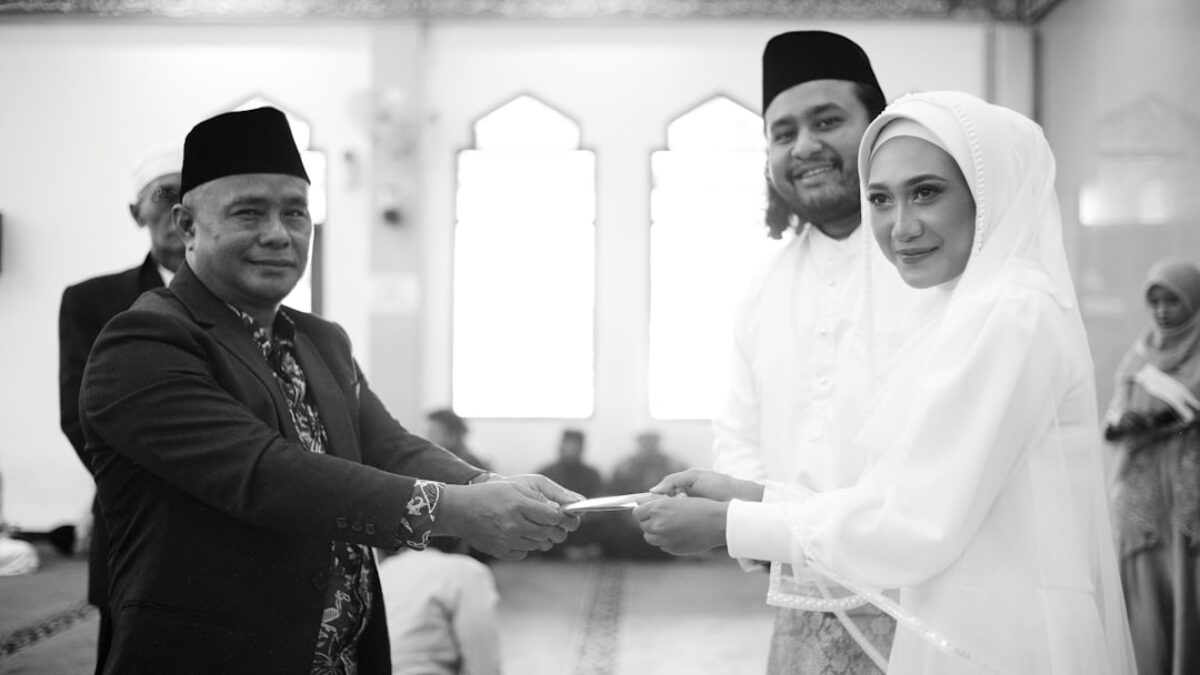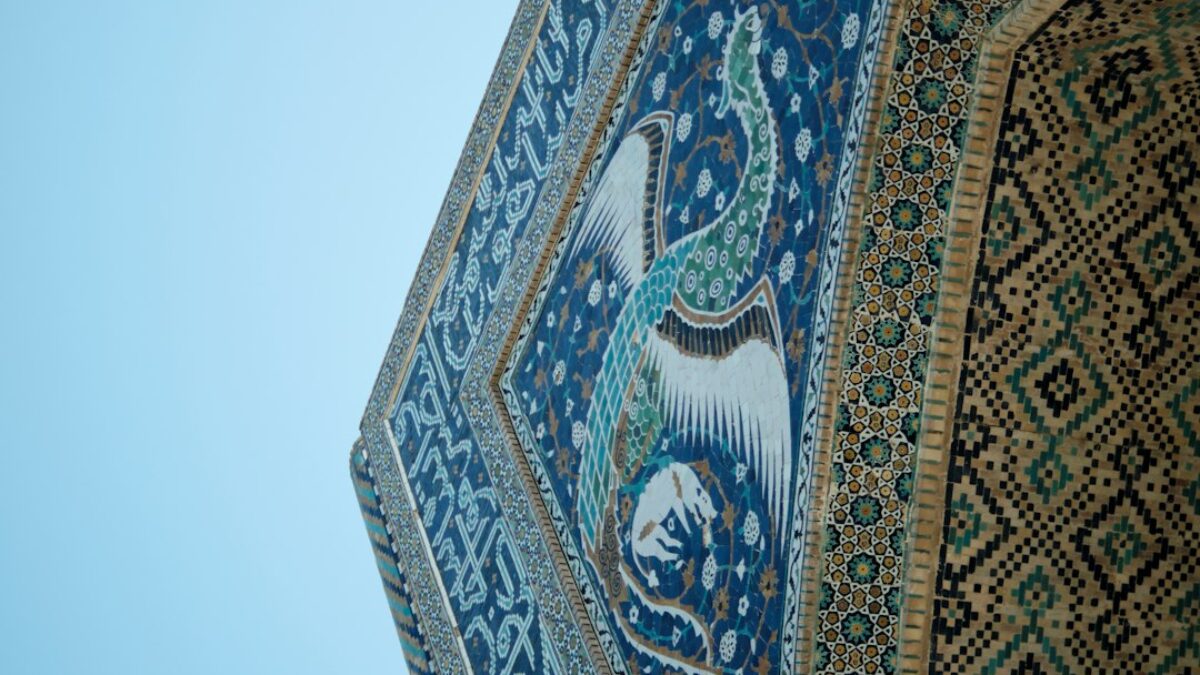Every believer longs for barakah—the divine flow of blessing that turns ordinary efforts into extraordinary results—and dua is the key that unlocks that door. Whether you yearn for academic excellence, career advancement, financial stability, or harmonious relationships, the Qur’an and Sunnah provide authentic, time-tested supplications whose impact transcends worldly measures. This article explores the most powerful duas for success, explains why they hold such transformative potential, and shows you exactly how to weave them into your daily routine so that your goals are not only met but are enveloped in Allah’s unfailing support.
Understanding Dua and Barakah in the Context of Success
The Linguistic and Spiritual Roots of Dua
The Arabic word dua literally means “to call out,” yet in Islamic terminology it signifies a believer’s heartfelt conversation with Allah. Unlike casual wishes or positive affirmations, a dua is a sacred contract: you acknowledge your dependence and Allah promises to respond, “Call upon Me, I will respond to you” (Qur’an 40:60).
Barakah: More Than Mere Increase
Barakah is often translated as “blessing,” but its essence is far richer. It is the hidden multiplier that:
- stretches your time so one productive hour yields results equal to ten;
- preserves your wealth so a modest income comfortably covers all needs;
- protects your relationships so small gestures blossom into lifelong affection;
- anchors your achievements so worldly gains don’t cost you the hereafter.
How Dua Activates Barakah
Imagine planting a seed. Water and sunlight are necessary, but barakah is the mysterious force that decides whether the seed becomes a single stalk or a lush orchard. Similarly, your hard work and strategic planning are human inputs, while sincere duas invite Allah’s nurture so that the final harvest surpasses every projection. The Prophet ﷺ said, “Nothing can avert pre-destination except dua” (Tirmidhi), underscoring that duas literally re-shape the map of possibilities in your favor.
Key Components of an Effective Dua for Success
Purity of Intention (Niyyah)
Before reciting any words, clarify your niyyah. Ask yourself:
- Is my goal halal and pleasing to Allah?
- Will success in this matter help me serve family, community, and deen?
- Am I equally prepared to accept Allah’s alternate plan if He knows better?
When intention is aligned with divine pleasure, the dua becomes a guided missile rather than a random wish.
Praising Allah and Sending Salawat
The Prophet ﷺ taught that every dua should begin with hamd (praise) and salawat upon him. This is not etiquette for etiquette’s sake; it opens the doors of generosity. Think of it as tuning your radio to the precise frequency of divine mercy before broadcasting your request.
Using Allah’s Beautiful Names
Each name reveals a specific attribute you can invoke:
- Al-Fattah – The Opener: when you need a breakthrough in business.
- Al-Razzaq – The Provider: when finances feel tight.
- Al-Hadi – The Guide: when choosing a career or spouse.
- Al-Mu’izz – The Giver of Honor: when seeking respect in a new leadership role.
Mentioning the relevant name personalizes the dua, showing you understand Who you are addressing.
Timing, Place, and Body Language
While Allah hears every call, certain moments carry amplifiers:
| Time / Place | Why It Matters |
|---|---|
| Last third of the night | Described as “an hour when the gates of heaven are flung open” (Bukhari). |
| Between adhan and iqamah | The Prophet ﷺ said, “The supplication offered then is never rejected” (Tirmidhi). |
| While fasting | Fasting weakens bodily desires, sharpening spiritual focus. |
| After obligatory salah | You have just fulfilled a core command; your heart is in a state of taqwa. |
| Sujood | The closest a servant is to his Lord. |
Combine these moments with attentive body language—raised hands, palms upward, eyes humble—to embody complete dependence.
Powerful Duas for Success in Specific Areas of Life
Dua for Academic and Intellectual Success
Arabic: Allahumma infa’ī bi-mā ‘allamtanī wa ‘allimnī mā yanfa’unī, warzuqnī ‘ilmā yanfa’unī.
Translation: “O Allah, benefit me through what You have taught me, teach me what will benefit me, and provide me with knowledge that will benefit me.”
When to use: Before opening a textbook, at the start of an exam, or when embarking on any learning journey.
Real-world example: Amina, a medical student, recited this dua daily before her USMLE preparation. She noticed that her review sessions became laser-focused; complex concepts clicked faster, and she retained them longer. She scored in the top 5 % and attributes the outcome to the barakah infused through consistent supplication.
Dua for Career and Business Prosperity
Arabic: Rabbi innī limā anzalta ilayya min khayrin faqīr.
Translation: “My Lord, indeed I am in dire need of whatever good You send down to me.” (Qur’an 28:24)
Context: Prophet Musa recited this when arriving in Madyan empty-handed. Shortly after, he secured employment, marriage, and a blessed future.
Best practices:
Recite it before job interviews, investor pitches, or when launching a new product. Follow it with istighfar 100 times to clear past financial sins that might block barakah. Give sadaqah immediately afterward to create a cycle of generosity.
Dua for Financial Stability and Debt Relief
Arabic: Allāhumma akhrijnī mina-l-ma’dhimati ila-l-ma’ghfirah, wa mina-l-faqri ila-l-ghina, wa mina-l-dhulmati ila-l-nur.
Translation: “O Allah, bring me out of debt into relief, out of poverty into richness, and out of darkness into light.”
Case study: Bilal, a small-restaurant owner, accumulated $40,000 in debt during the pandemic. He committed to reciting this dua after Fajr and Maghrib, cut non-essential expenses, and dedicated a fixed weekly sadaqah. Within 14 months, not only did his revenue rebound, but an unexpected investor bought 30 % equity at a valuation that wiped out his liabilities. Bilal insists the math did not make sense without barakah.
Dua for Harmonious Relationships
Arabic: Rabbanā hab lanā min azwājinā wa dhurriyyātinā qurrata a‘yunin waj‘alnā lil-muttaqīna imāmā.
Translation: “Our Lord, grant us from among our spouses and offspring comfort to our eyes and make us an example for the righteous.” (Qur’an 25:74)
Practical application:
Couples recite it together every Friday after Surah al-Kahf to reset emotional harmony. Parents teach it to teenage children to nurture a household culture centered on mutual respect. Write it on the inside cover of wedding invitations to invite collective blessings.
Dua for Protection from Envy and Hidden Obstacles
Arabic: A‘ūdhu bi-kalimāti-llāhi-t-tāmmāti min sharri mā khalaq.
Translation: “I seek refuge in the perfect words of Allah from the evil of what He has created.”
Usage tips:
Recite three times in the morning and evening as per Sunnah. Blow lightly over your workspace or new project folder to repel unseen negativity. Pair it with Surah al-Falaq and al-Nas for comprehensive spiritual shielding.
Benefits and Importance of Regular Dua Practice
Psychological Empowerment
Neuroscience shows that verbal affirmations rewire the prefrontal cortex, enhancing confidence and reducing stress. When those affirmations are actually divine promises, the effect is exponentially magnified. Believers report lower cortisol levels, sharper focus, and heightened resilience after adopting consistent dua routines.
Moral Anchoring
Success without ethics is fragile. Regular dua keeps your moral compass calibrated because each supplication implicitly asks, “Let my success only be in what is pleasing to You.” Over time, this internal audit prevents the compromises that often accompany rapid worldly ascent.
Community Ripple Effect
When individuals flourish through barakah, their surplus becomes a resource for others. A halal business that grows via dua can hire more Muslims, sponsor orphans, and fund masjid expansions—creating an upward spiral of collective prosperity foretold in the hadith: “None of you truly believes until he loves for his brother what he loves for himself.”
Practical Applications and Daily Routines
Morning and Evening Adhkar Integration
Embed the recommended duas inside the Fortress of the Muslim schedule:
Fajr – Begin with Surah al-Ikhlas, al-Falaq, al-Nas, then recite the dua for knowledge. Mid-morning commute – Play a recorded dua for rizq on low volume to keep the heart engaged. Maghrib – After the obligatory prayer, spend two minutes on the debt-relief dua. Before sleep – Close your eyes and picture your goals while reciting the relationship dua for family tranquility.
Creating a Personal “Dua Map”
Take an A4 sheet, divide it into four quadrants labeled Spiritual, Academic/Professional, Financial, Relational. In each box:
- Write one clear goal (e.g., “Publish research paper in Q2 journal”).
- Beneath it, paste the specific dua printed in Arabic and English.
- Mark a checkbox for every day you recite it after a chosen prayer.
At the end of each lunar month, review progress and adjust goals if necessary. Think of the sheet as a living dashboard between you and Allah.
Combining Dua with Strategic Effort
Barakah does not replace hustle; it multiplies it. Pair each dua with a tangible micro-action:
When reciting the dua for knowledge, simultaneously solve one practice problem or read two pages
























Post Comment